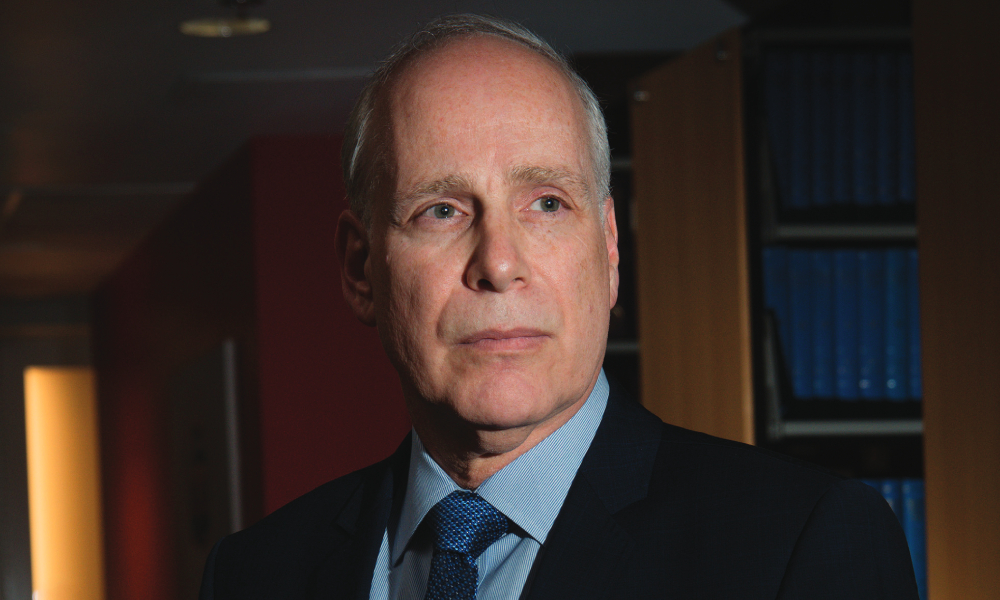Today ADR is more aptly referred to as appropriate dispute resolution

Sponsored content
Marvin J. Huberman, LL.B, LL.M. (ADR), FCIArb, originally trained as a civil litigation specialist, barrister and trial and appellate lawyer and, while he still does some work in those areas, over 25 years ago he realized more than 90% of his cases were settling out of court. He decided to train in alternative dispute resolution — and he’s never looked back.
“I’m passionate about it, I’m keenly interested and I’m very well-credentialed,” Huberman, mediator and arbitrator at ADR Chambers, says. “I’ve turned my initial interest in having problems solved through traditional court processes to the non-traditional processes, to which I apply flexibility and creativity to tailor-make the ADR process to meet the disputants needs, interests, wants and desires.”
For Huberman, it’s more accurate to say ADR stands for appropriate dispute resolution: the ultimate goal is the effective use of one or more of the dispute resolution options that will offer disputants real opportunities to efficiently — and cost effectively — resolve their disputes. As his former mediation professor at Harvard Law School said: fit the forum to the fuss. Analyze the particular dispute with regards to the three Ps — the people, the problem and the process — and find the appropriate forum to assist in facilitating resolution.
It’s also important to appoint a well-trained and experienced neutral expert in order to maximize the chances for optimal, innovative and mutual beneficial solutions. Huberman, who is involved in “the full gamut” of ADR processes including binding and non-binding procedures, says through many years of education and training he’s come to understand better the ADR world.
“You have to be committed to its goals, values, principles and challenges and have a change in attitude and working assumptions about settling disputes promptly and fairly,” he says, adding he sees himself as a well-rounded and well-trained problem solver. “ADR experts must get clarity on the parties’ objectives and determine what the barriers to settlement are, and look creatively for ways to achieve resolution in a way that makes sense in the circumstances.”
Due to the COVID-19 pandemic, online dispute resolution and telephone conferencing platforms are “very much in vogue and very much in use” as people adapt. In the end, it’s still achieving most of the goals of ADR by reducing financial and time expenditures and improving the level of public satisfaction with the justice system. On the side of the third-party neutrals, a more virtual setting is perfect for upping their game by jumping in and out of training and webinars, and increasing their level of understanding and awareness as well. Huberman, who was recently inducted as a member of The Canadian Academy of Distinguished Neutrals, calls it “a terrific change” and believes it will be the way things are done in the ADR world going forward, even after the pandemic.
To facilitate this shift, more ODR protocols are being created every day — and Huberman’s involved in systems design and implementation of those as well — but he doesn’t see a shift to less in-person processes changing the core fundamentals of ADR.
“It’s just packaging the skills, the background, the training, the attitude together in the appropriate mix, tailor-made to each individual dispute and parties — that’s the winning combination for effective ADR today.”









